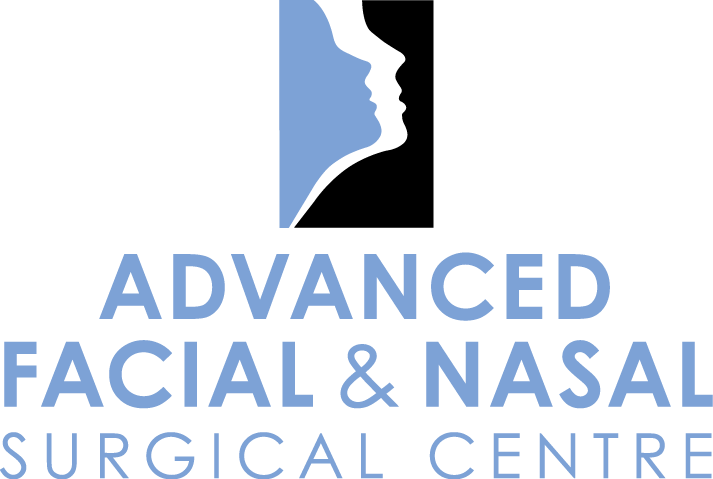Frequently Asked Questions
Q: Who is a good candidate for facial cosmetic surgery?
A: Modern medical, surgical and anesthetic techniques have evolved so that facial cosmetic surgery is a safe and reliable undertaking for most patients. To be considered for a facial cosmetic procedure patients should be in good general physical and mental health. The best candidates for facial cosmetic surgery are patients in good general health with no significant medical problems who have limited sun exposure, alcohol and cigarette consumption and lead active lives. If patients do have significant co-existing medical problems such as high blood pressure or diabetes, these must be adequately controlled and managed prior to considering elective cosmetic surgery. Finally, one of the most important aspects in selecting a suitable candidate for cosmetic surgery is the patient's mental health or state of well being. Suitable candidates for cosmetic surgery are generally happy people with satisfying lives. Patients with severe coincidental depression or in periods of emotional distress should not consider cosmetic surgery until these issues are resolved. Dr. Keohane would be happy to discuss these issues with you and it is his goal that you always consider safety first and be realistic in your expectations of the limitations of cosmetic surgery.
Q: What is the difference between cosmetic and reconstructive surgery?
A: Cosmetic surgery is performed to reshape normal structures of the body in order to improve the patient's appearance and self-esteem. Cosmetic surgery is not covered by provincial health insurance.
Reconstructive surgery is performed on abnormal structures of the body, caused by congenital defects, developmental abnormalities, trauma, infection, tumors or disease. It is generally performed to improve function, but may also be done to approximate a normal appearance. Reconstructive surgery is generally covered by most health insurance policies although coverage for specific procedures and levels of coverage may vary greatly. There are a number of "grey areas" in coverage for plastic surgery that sometimes require special consideration by an insurance carrier. These areas usually involved surgical operations which may be reconstructive or cosmetic, depending on each patient's situation.
Q: Will my procedure hurt?
A: During a procedure anesthesia ensures that you're comfortable and feel no pain. If general anesthesia is used, you'll sleep through the entire operation. After surgery any pain or discomfort you may experience can usually be controlled through medication and usually subsides within a week. Most facial cosmetic surgical procedures are not accompanied by any significant degree of discomfort.
Q: How long will it take me to heal?
A: This depends on the procedure. Most people can return to work within one to two weeks after surgery. Some procedures take longer, and this will be reviewed with you at the time of your consultation. In the first few days, you may be swollen or bruised. After most procedures, you must refrain from working out and from strenuous activities for several weeks. Listen to Dr. Keohane's instructions about the healing process and follow them. Even though you feel okay, you can still hinder the healing process by returning to an active lifestyle too soon.
Q: How often am I seen after surgery?
A: Generally, patients are seen the day after surgery. After-surgical appointments can occur 1 and 7 weeks after surgery, then 6 weeks, and 1 to 2 times during the year after surgery. The actual frequency of your visits will vary based upon your individual needs and surgical procedures performed.
If you have any questions not listed here, please contact us and we'll try and get you the answer.
